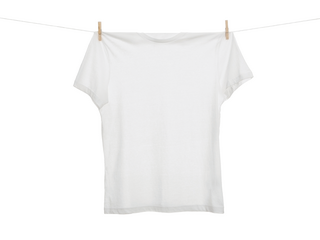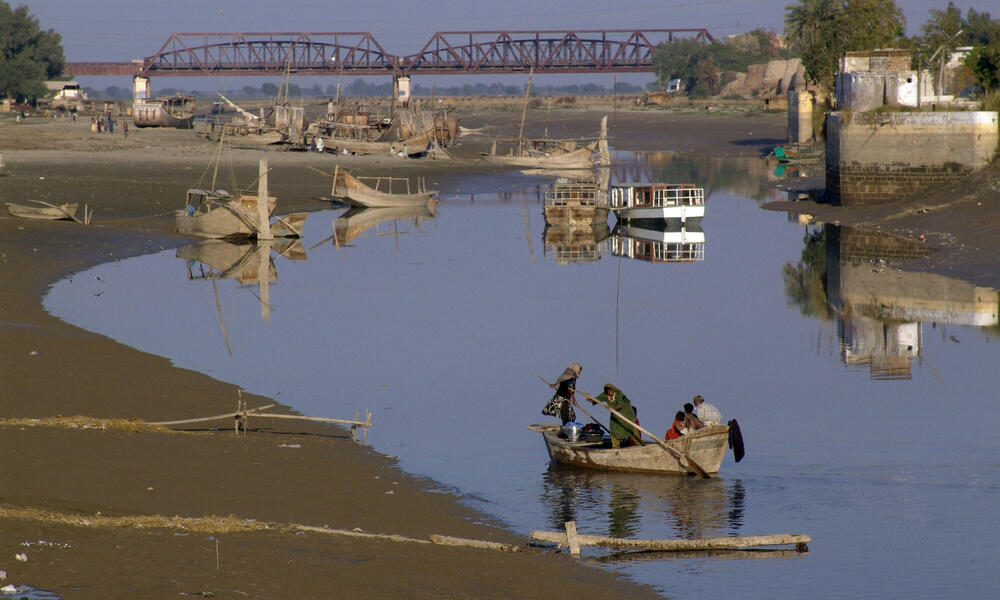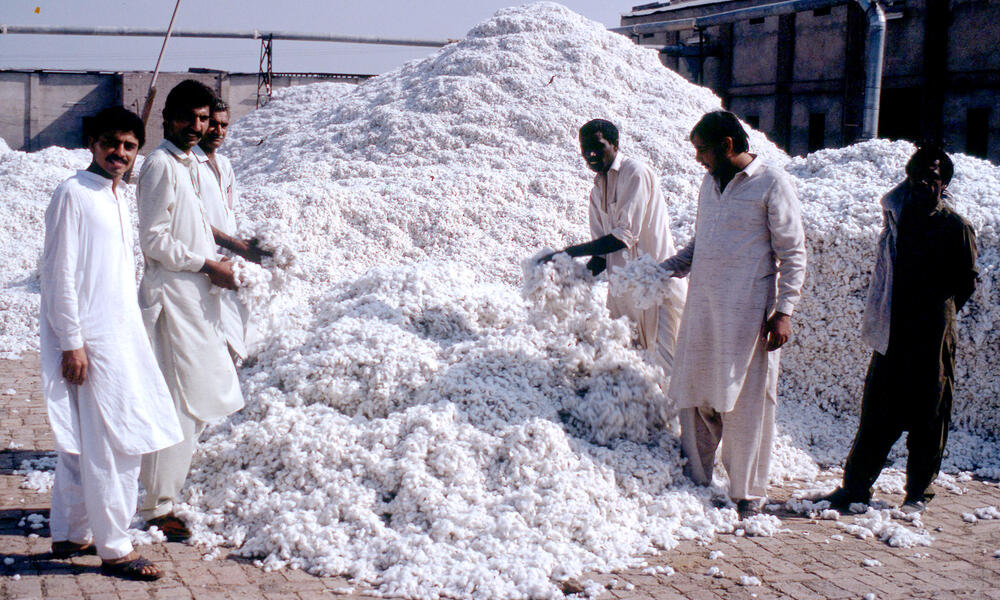WWF works to promote sustainable production, reduce damage to freshwater systems, and encourage the use of advanced irrigation technology and more ecologically sound growing methods. WWF is working with farmers, government agencies, buyers and investors at key stages of the market chain—from the field to the clothes shop—in a joint effort to promote more ecologically and ethically sound cotton.
With support from IKEA, WWF began a pilot project to promote better ways of growing cotton. Due to its immediate success, the project evolved into a multi-stakeholder organization called the Better Cotton Initiative.
Farmers that adopt the Better Cotton standards commit to:
- minimize the harmful impact of crop protection practices;
- use water efficiently and care for the availability of water;
- care for the health of the soil;
- conserve natural habitats;
- care for and preserve the quality of the fiber;
- and promote decent work.
Farmers that adopt these best management practices are growing healthier cotton, with less pesticide, fertilizer and water overruns. For instance, 97% of the water in the Indus River goes towards producing crops like cotton. Now over 75,000 Pakistani farmers have reduced their use of water by 39 per cent, helping reduce pressure on the Indus River.
In addition, the Better Cotton Initiative helped these farmers reduce pesticides by 47 per cent and chemical fertilizer by 39 per cent across over 300,000 hectares in 2012. Yields are just as good, and there is an average 11 percent increase in income compared to farmers who are still using conventional practices.



